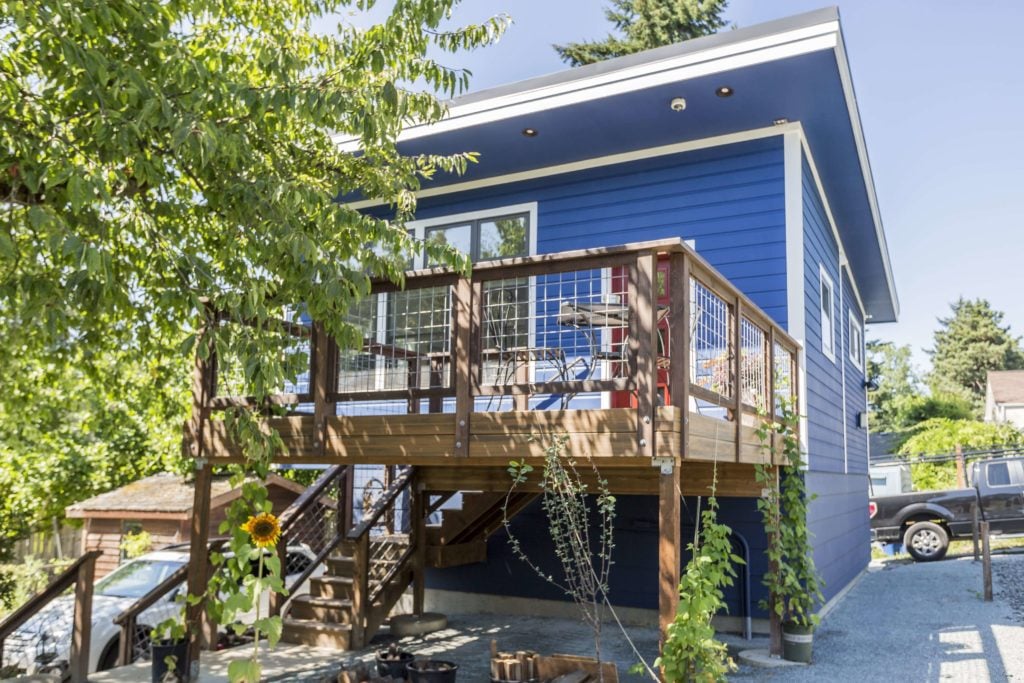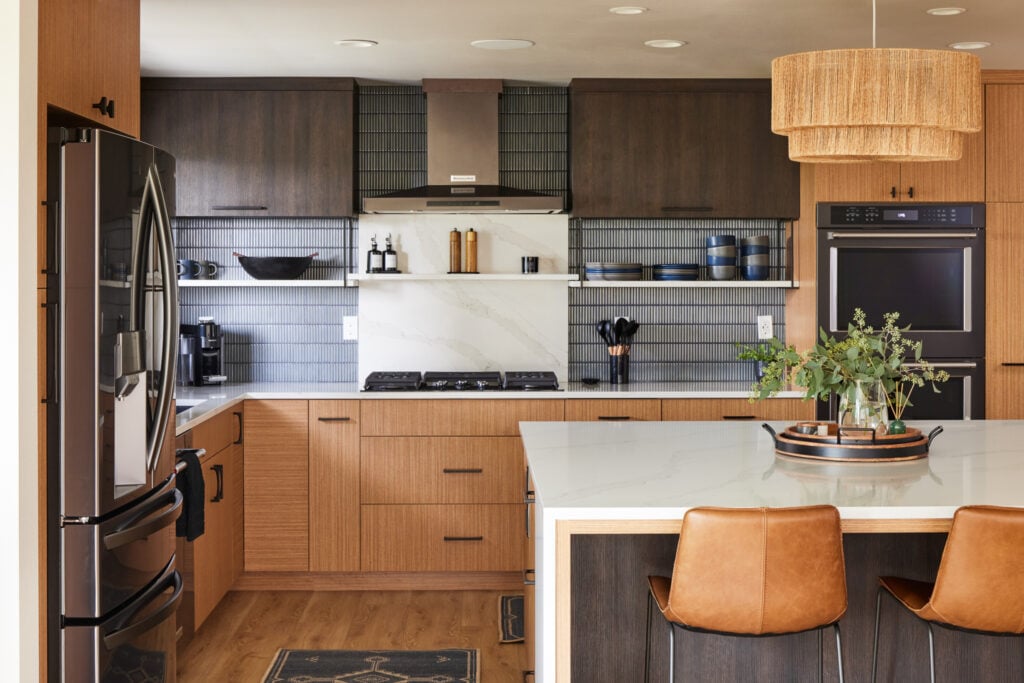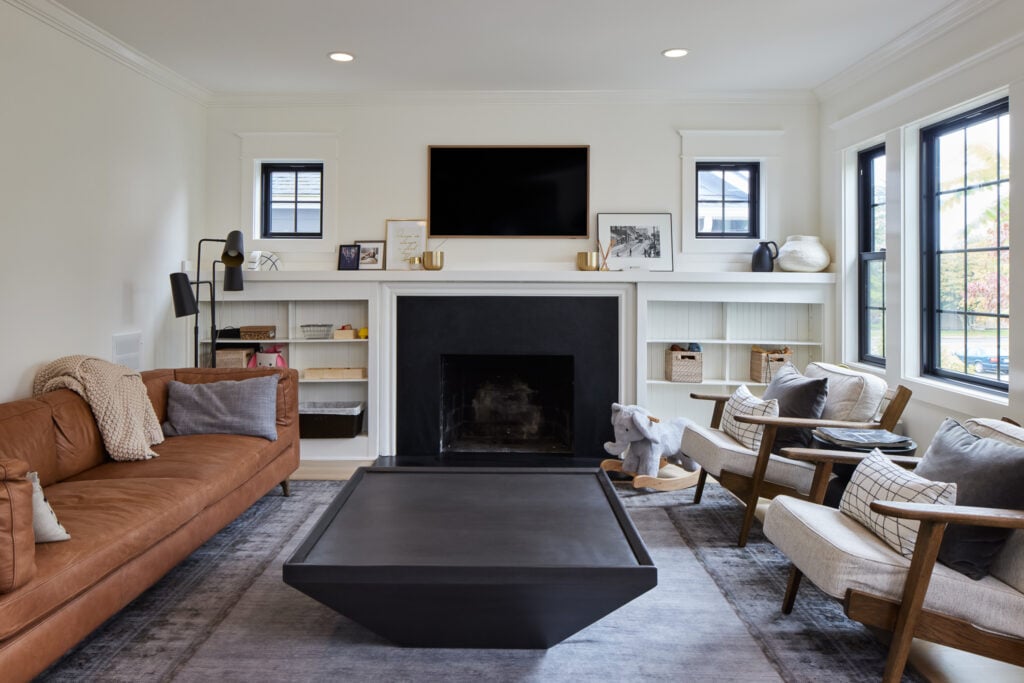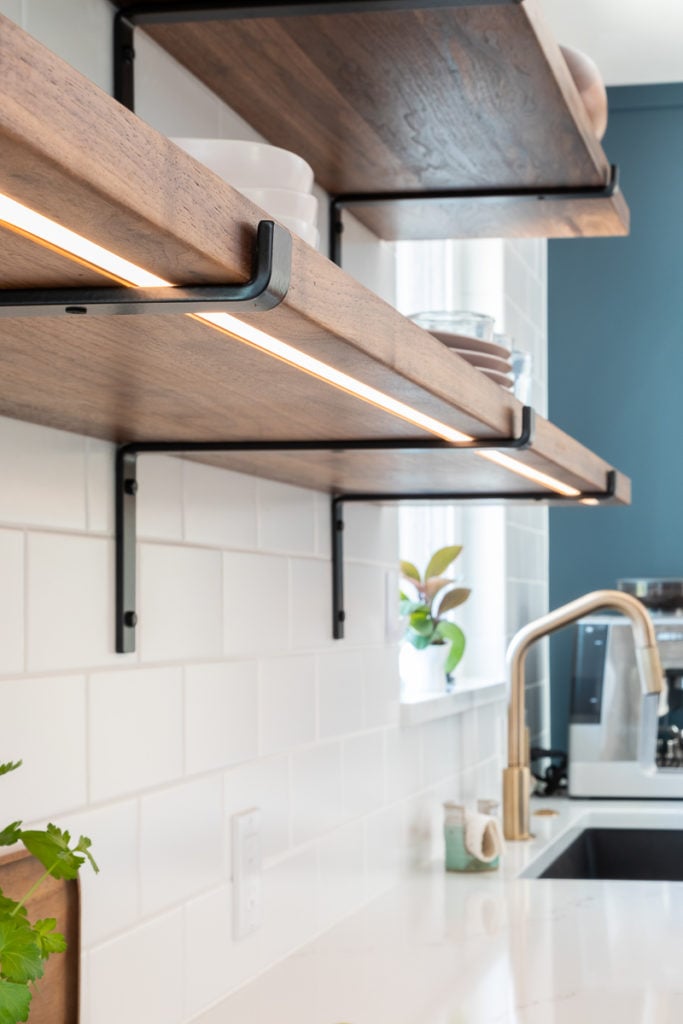Would you like a private space for out-of-town guests or an aging parent? Or maybe a way to make some extra rental income? Accessory Dwelling Units (ADUs), an umbrella term for mother-in-law suites and backyard cottages, are additional residences built on the same property as an existing single-family home.
Detached Accessory Dwelling Units (DADUs) specifically refer to the latter—backyard cottages that are not connected to the main house. Either way, these units generally include living rooms, bedrooms, kitchens, bathrooms, and their own entrance. They’re common on the east coast and in populous Midwest cities such as Chicago, but they’ve been slower to gain popularity here in Seattle—until now.
On July 1st, 2019 Seattle City Council voted unanimously to make it easier for homeowners to permit, design, build and rent ADUs. Many believe this means more affordable housing options, plus additional income opportunities for Seattle homeowners interested in becoming landlords. It has been a much-debated topic with opponents worried about parking and gentrification; however, most Seattleites and City Council agree that the new rules will increase equity and affordability. Over the last 8 year, just 5% of new housing went into single-family zones, which make up three-quarters of Seattle’s residential areas. If you own a single-family home, you can now help with the city’s housing shortage while creating a multi-purpose space on your own property.
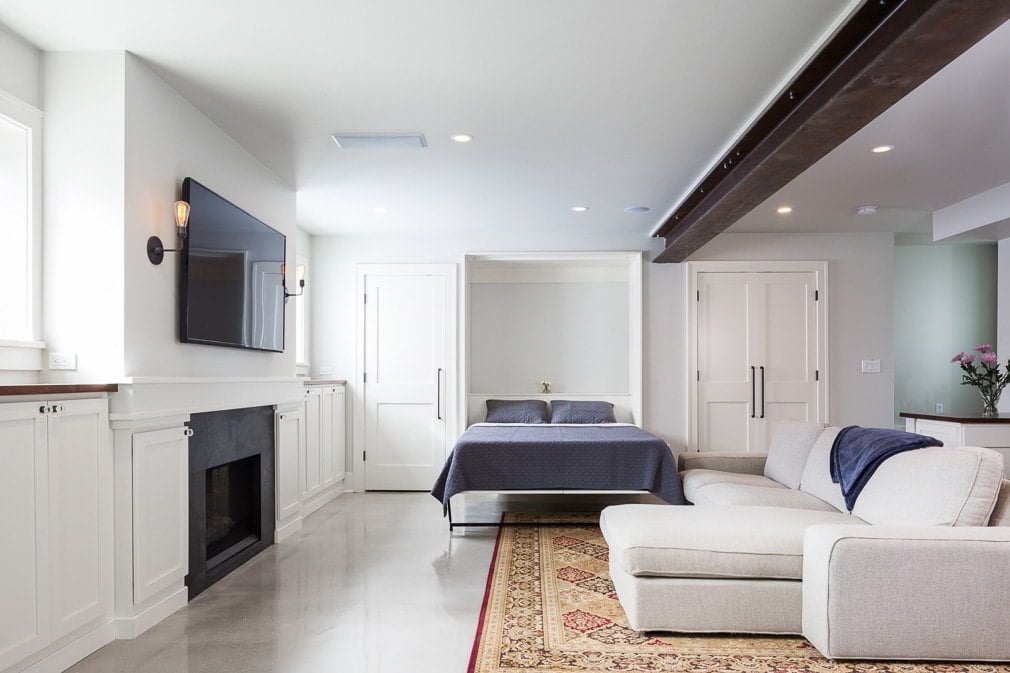
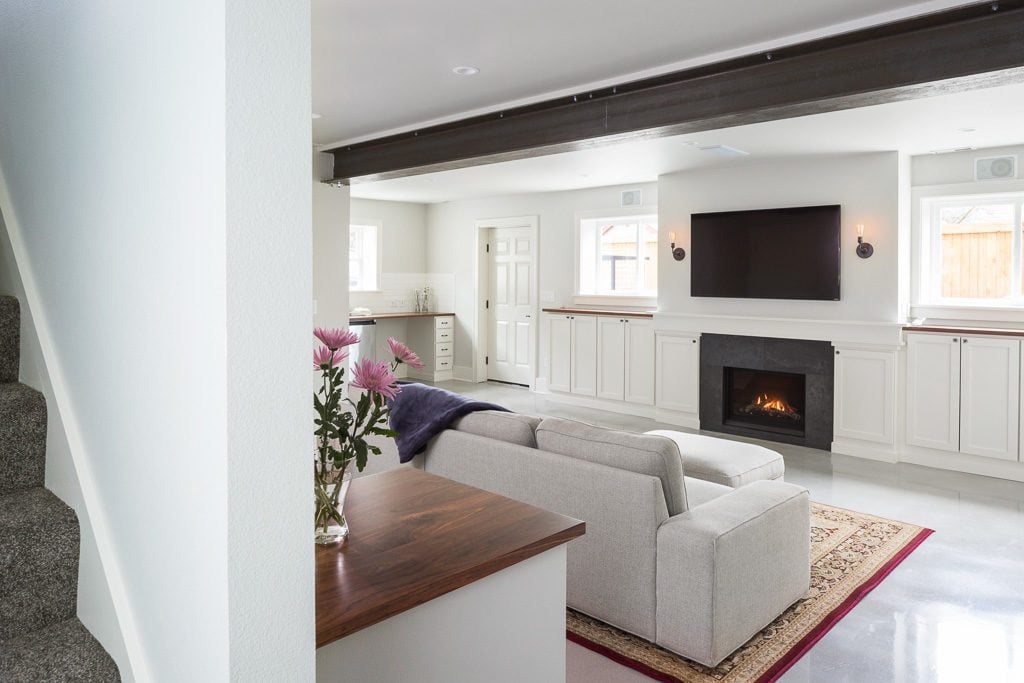
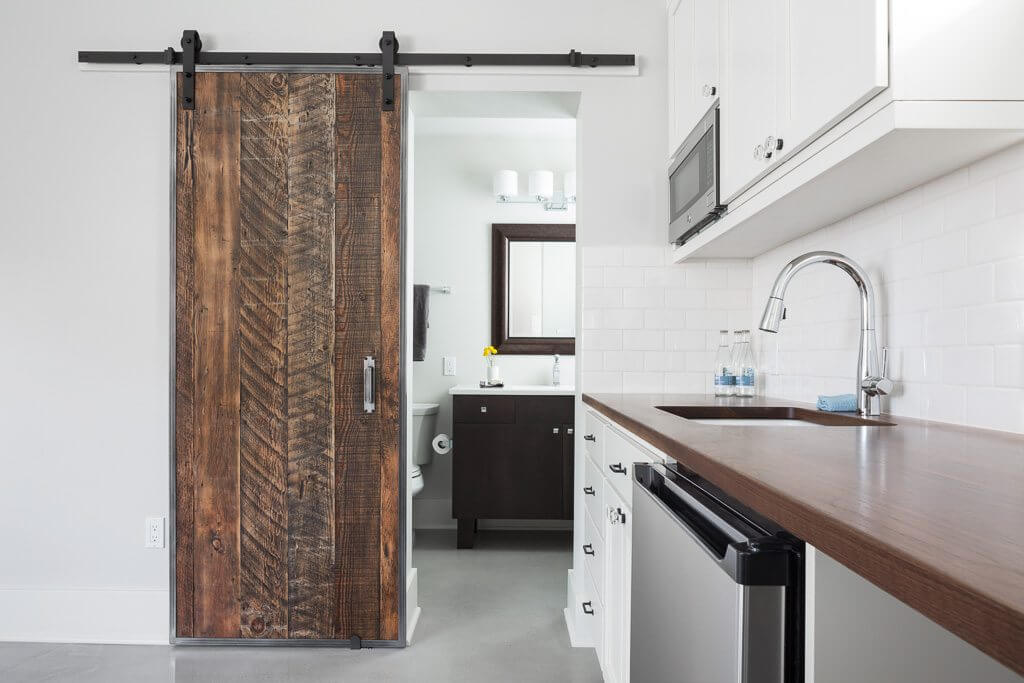
So what do the new Seattle ADU rules mean for homeowners? The previous rules required a homeowner in a single-family zone to live on-site, so a DADU could not be built on a current rental property. Nor would someone who decided to move be able to keep their home with an ADU as two rental properties. This is not the case anymore. Additionally, the previous rules required an off-street parking spot for the additional unit. A homeowner without off-street parking would not have been able to rent out an ADU, let alone build a DADU. Parking is no longer required in an effort to encourage alternative transportation use and walkability. The new rules also allow for larger and taller DADUs, which will make them easier to design.
The New Seattle ADU and Seattle DADU Rules:
- Homeowner doesn’t need to live on-site
- You can have more than one! 1 ADU + 1 DADU on the same lot
- Minimum lot size: 3,200 square feet
- No off-street parking required
- Larger DADUs: 1,000 square feet + taller
So now is the time to build! ADUs offer the flexibility to be a home office one year and a rental apartment the next. The choice is yours how you want to design and use them, now more than ever. Your finished basement or attic can easily be converted into a mother-in-law suite by adding a kitchenette. Your overgrown backyard can become a respite for a college student or senior citizen interested in tiny home living. If you’re looking to downsize yourself, you could move into your new DADU and rent the main house out. The best part is, you can design these spaces to blend in with the style of your current home or take on entire personalities of their own.
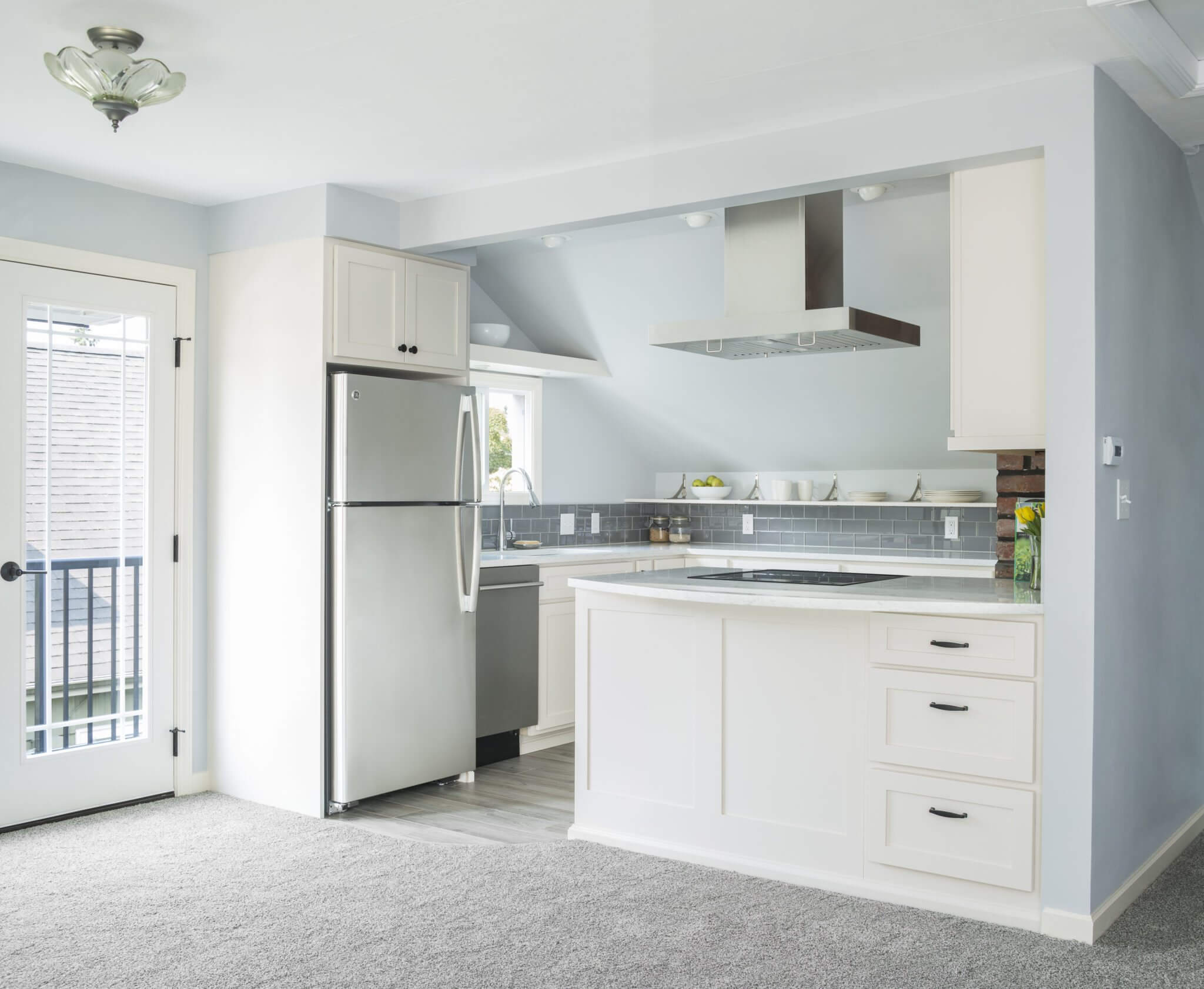
Right now, basement ADUs are generally starting at $150,000 and backyard cottages (aka DADUs) are $300,000+. The exact investment is always dependent on a number of factors including: lot size, existing structures, age of the home, number of bedrooms/bathrooms, and much more. We’re happy to chat more and provide a quote for your specific situation.
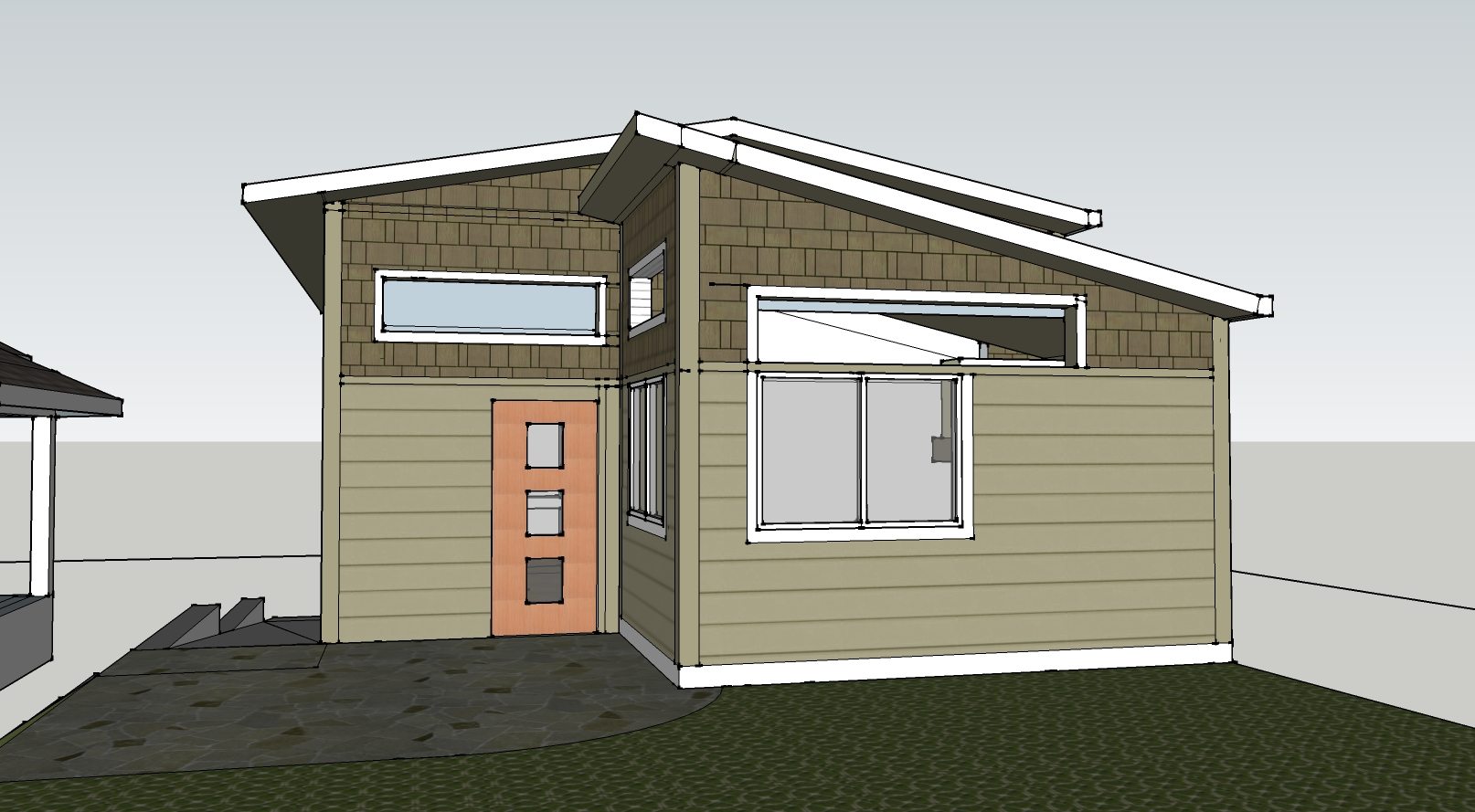
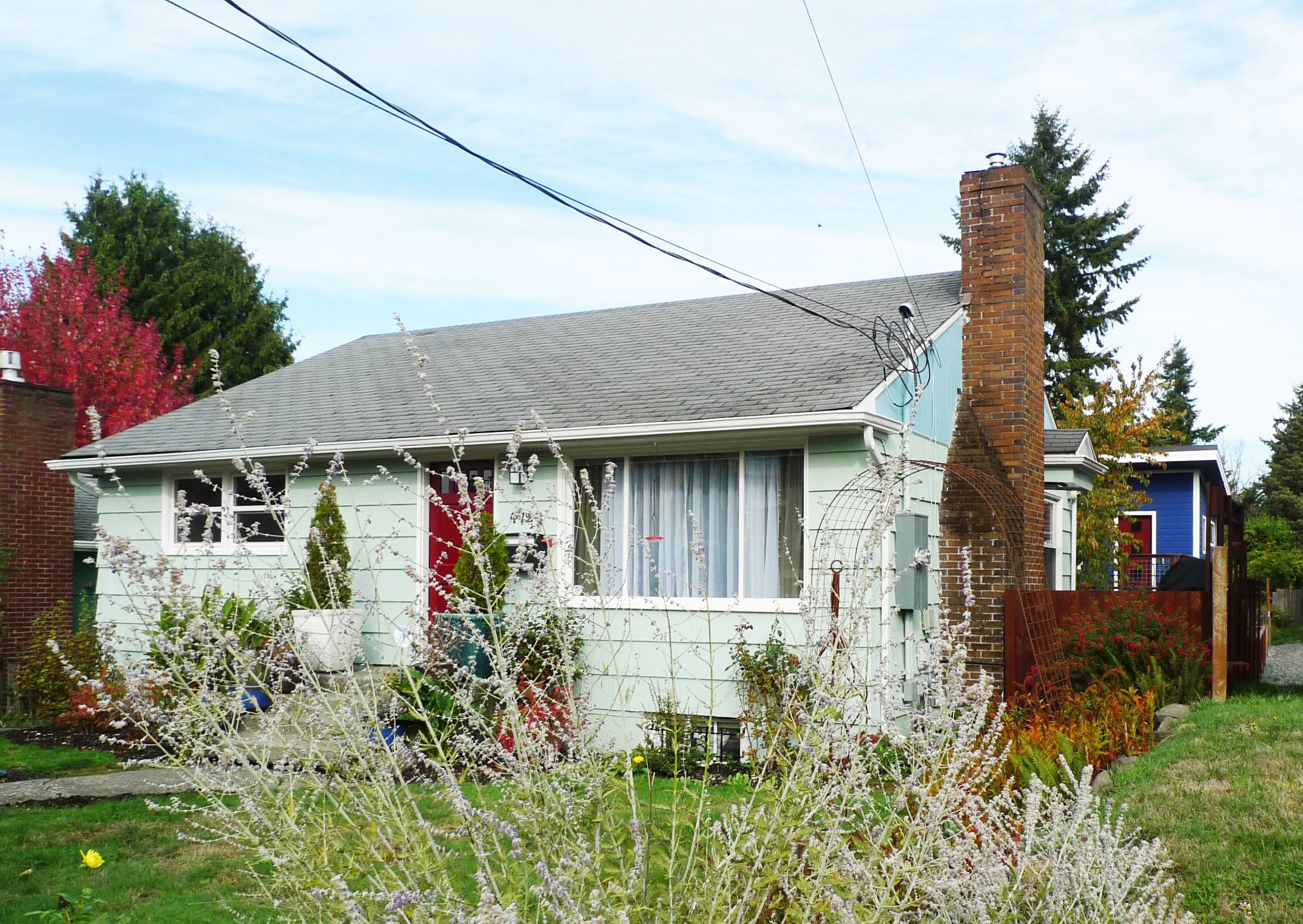
New Seattle ADU Rules in Effect as of August 8, 2019
The new legislation took effect 30 days after the mayor signed her approval, so as of August 8th the new rules are officially in place. Whether you’re building out an existing structure or creating a new space from scratch, working with an experienced designer and builder is recommended. Permits and building codes need to be taken into consideration, and designing small spaces isn’t always as easy as it looks. More planning means more personalization and a smarter layout. We have been advocating and building ADUs for many years. We’re excited about the influx of excited homeowners who are ready to build!
If an ADU or DADU sounds like a good fit for your property, we’d be happy to come out and give you some options. The number of accessory dwelling units is expected to rise exponentially in the next few years, and your home could be a contender for these highly sought-out spaces.

